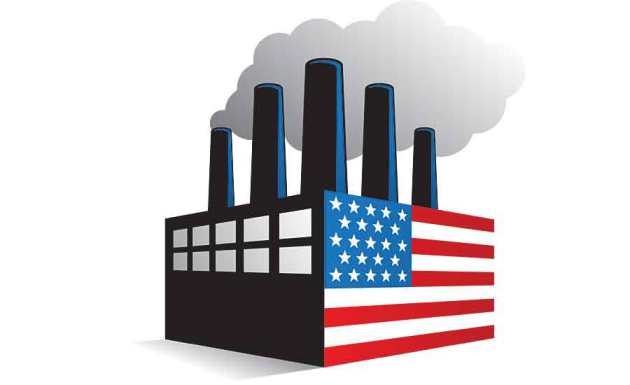
The Case for Reshoring: Bringing Quality Manufacturing Jobs to USA
/
0 Comments
Good news for U.S. manufacturers: stateside production and employment…

American Made: What is it & Why It Matters
Historically there has been a lot of hype around the American-made…
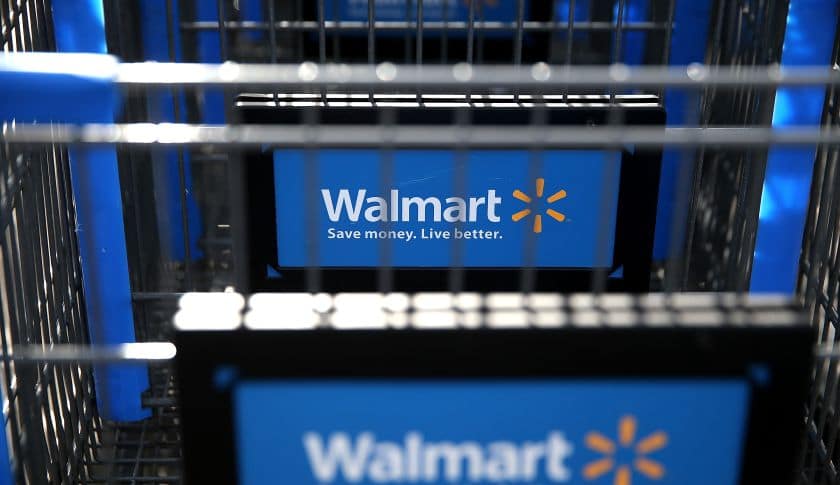
FTC Closes Probe of Walmart Over Misleading Made in USA Labels
Wal-Mart is making a big deal out of the fact that much of…
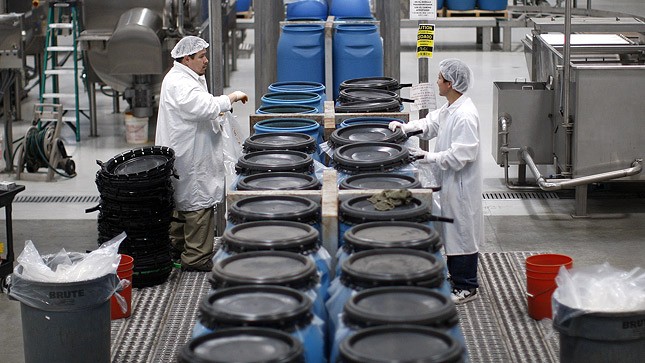
Manufacturing Day Highlights Opportunities to Bolster US Manufacturing
"American manufacturing is back!" breathlessly exclaim the ebullient…
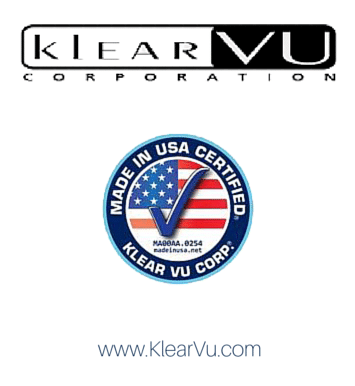
Chair Pad Manufacturer Earns Made in USA CERTIFIED® Seal
CERTIFIED, Inc. (madeinusa.net), the nation’s leading independent,…
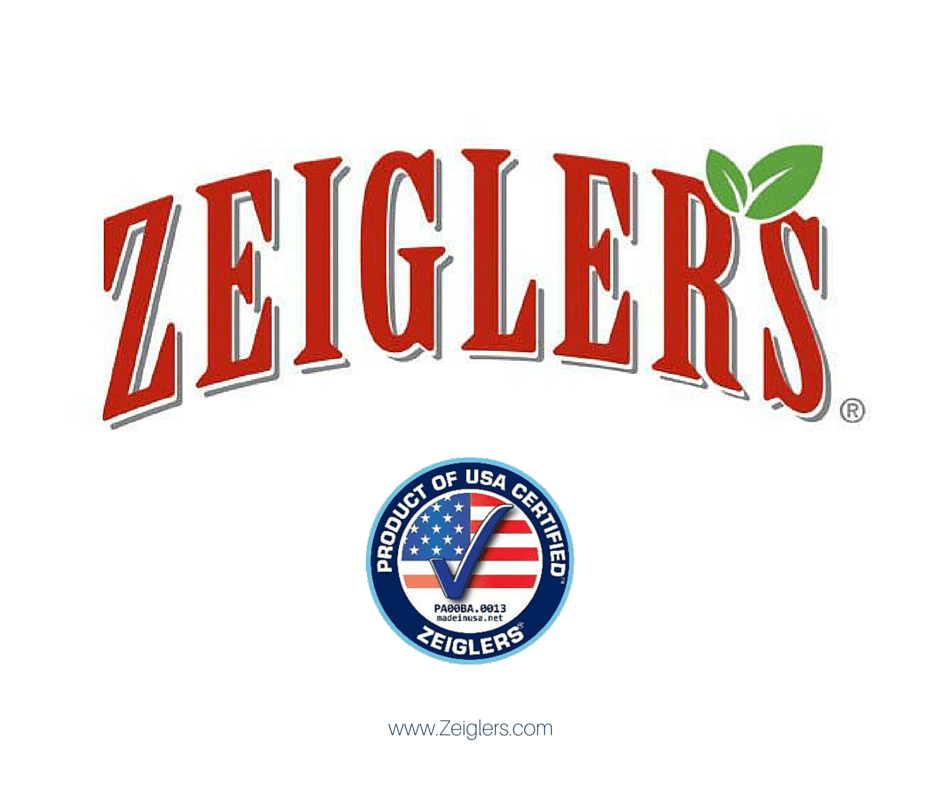
Beverage Company Earns Product of USA CERTIFIED Seal on Apple Cider
CERTIFIED, Inc. (madeinusa.net), the nation’s leading independent,…
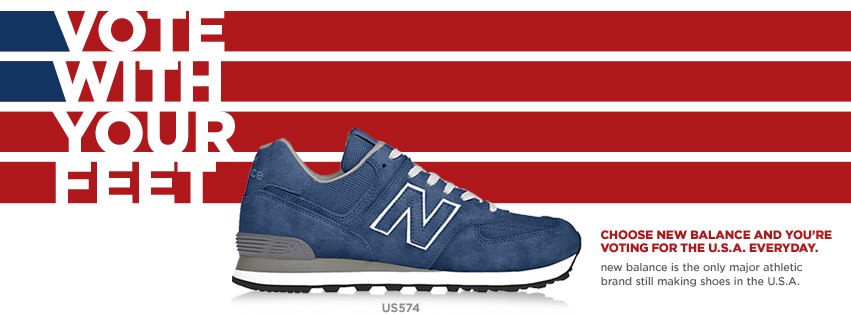
Check Out New Balance’s Latest ‘Made in the USA’ Sneaker Collections
A "Made in USA" label is becoming a more actively coveted item.…
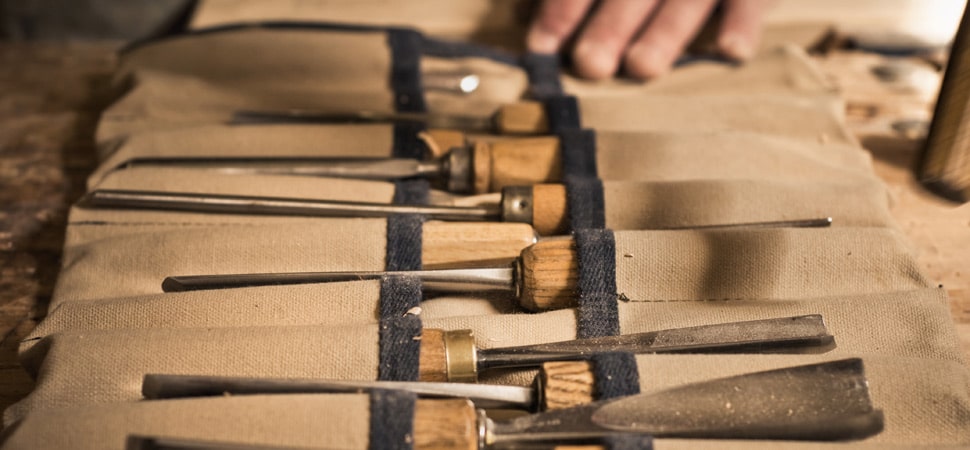 https://www.themadeinamericamovement.com/wp-content/uploads/2015/01/01-19-15-Rickshaw-Bags-INC-article.jpg
450
970
The Made in America Movement Team
https://www.themadeinamericamovement.com/wp-content/uploads/2017/08/Made-in-America-Movement-Logo_340x156.png
The Made in America Movement Team2015-01-19 13:26:472023-09-20 17:09:57The Case for ‘Made in America’
https://www.themadeinamericamovement.com/wp-content/uploads/2015/01/01-19-15-Rickshaw-Bags-INC-article.jpg
450
970
The Made in America Movement Team
https://www.themadeinamericamovement.com/wp-content/uploads/2017/08/Made-in-America-Movement-Logo_340x156.png
The Made in America Movement Team2015-01-19 13:26:472023-09-20 17:09:57The Case for ‘Made in America’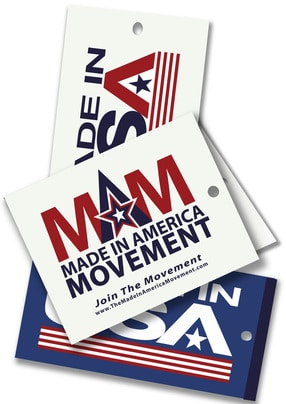
“MADE IN USA” CLAIMS TRICKY FOR RECYCLED MATERIALS
Manufacturers of products made with recycled materials can’t…
 https://www.themadeinamericamovement.com/wp-content/uploads/2014/08/7473838.jpg
404
286
MAM Team
https://www.themadeinamericamovement.com/wp-content/uploads/2017/08/Made-in-America-Movement-Logo_340x156.png
MAM Team2014-06-14 11:49:132014-08-17 19:56:50‘Made in USA’ True Again
https://www.themadeinamericamovement.com/wp-content/uploads/2014/08/7473838.jpg
404
286
MAM Team
https://www.themadeinamericamovement.com/wp-content/uploads/2017/08/Made-in-America-Movement-Logo_340x156.png
MAM Team2014-06-14 11:49:132014-08-17 19:56:50‘Made in USA’ True Again
Why U.S. Manufacturing Is Poised for a Comeback (Maybe)
Photo Credit: Lincoln Agnew
Some Say a Renaissance…

Surprise! The U.S. is Poised To Be a Rising Star in Manufacturing
After years of hand-wringing about the expense of making…

Brand Building on Made in America Foundation
STRONG SELLER: Single’s “Janessa” jumpsuit
When Gala…

Polo Ralph Lauren Clothing Line to be Made in Rochester
Before a throng of cheering Hickey Freeman Co.employees,…

New York Manufacturing Soars for 2014 Start
Comprised of surveys from around 100 New York executives,…

POTUS announces Manufacturing Innovation Institute
RALEIGH– Air Force One landed at RDU Wednesday afternoon,…

Maker’s Row and Cotton Incorporated Partner to Bring Back "Made in USA"
Maker's Row and Cotton Incorporated have announced…

10 States Where Manufacturing Still Matters
Factory manufacturing output increased for the second…

Sell More Shoppers on Buying Made in USA Clothing
Photograph by David Paul Morris/Bloomberg
Karen…

Why Tech Manufacturing Jobs Are Coming Back To America
Ted Samson
Companies are moving manufacturing closer…

Lenovo Paves the Way for Made in America Computers
ABC News - Lenovo Paves the Way for Made-in-America Computers…

Google-owned Motorola Builds World’s First Made in America Smartphone in Texas
By JENNA WORTHAM and BRIAN X. CHEN
Just like Apple,…

Made in America Company Lacks Support
Steve Atkinson
SAN DIEGO - Small businesses, it's the…
 https://www.themadeinamericamovement.com/wp-content/uploads/2017/08/Made-in-America-Movement-Logo_340x156.png
0
0
MAM Team
https://www.themadeinamericamovement.com/wp-content/uploads/2017/08/Made-in-America-Movement-Logo_340x156.png
MAM Team2013-05-31 11:58:332014-11-10 12:51:05Does It Matter Where Products Are Made?
https://www.themadeinamericamovement.com/wp-content/uploads/2017/08/Made-in-America-Movement-Logo_340x156.png
0
0
MAM Team
https://www.themadeinamericamovement.com/wp-content/uploads/2017/08/Made-in-America-Movement-Logo_340x156.png
MAM Team2013-05-31 11:58:332014-11-10 12:51:05Does It Matter Where Products Are Made?
Could Newark Be a Manufacturing Hub Again?
Maria Pereira of Parsippany is shown in this 2011 photo sewing…

U.S. Isn't Respecting Meat Labeling Rules, Mexico says
Adriana Barrera
MEXICO CITY -- The United States is…

Garments Can Be Made in USA Safely, with Profit
The recent Bangladesh collapse has raised an overall awareness…

Do Americans Really Care How Their Clothes Are Made?
Clothing with Joe Fresh labels lies in the debris on April…

It’s Not Easy To Be Sure Your Clothes Come From Safe Factories
NEW YORK — You can recycle your waste, grow your…
 https://www.themadeinamericamovement.com/wp-content/uploads/2017/08/Made-in-America-Movement-Logo_340x156.png
0
0
MAM Team
https://www.themadeinamericamovement.com/wp-content/uploads/2017/08/Made-in-America-Movement-Logo_340x156.png
MAM Team2013-05-10 11:58:342013-05-10 11:58:34Is Reshoring a Myth or Reality?
https://www.themadeinamericamovement.com/wp-content/uploads/2017/08/Made-in-America-Movement-Logo_340x156.png
0
0
MAM Team
https://www.themadeinamericamovement.com/wp-content/uploads/2017/08/Made-in-America-Movement-Logo_340x156.png
MAM Team2013-05-10 11:58:342013-05-10 11:58:34Is Reshoring a Myth or Reality?
